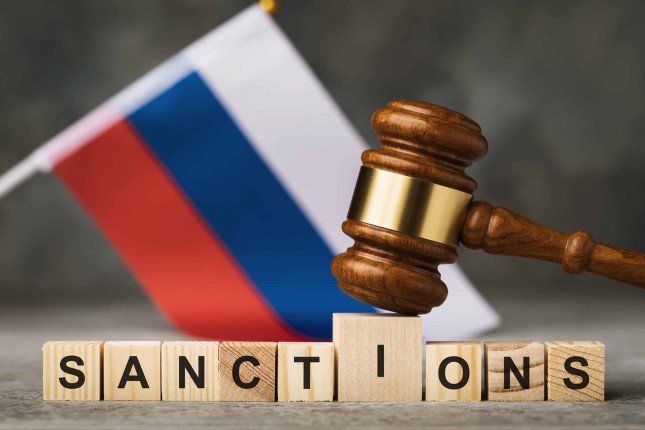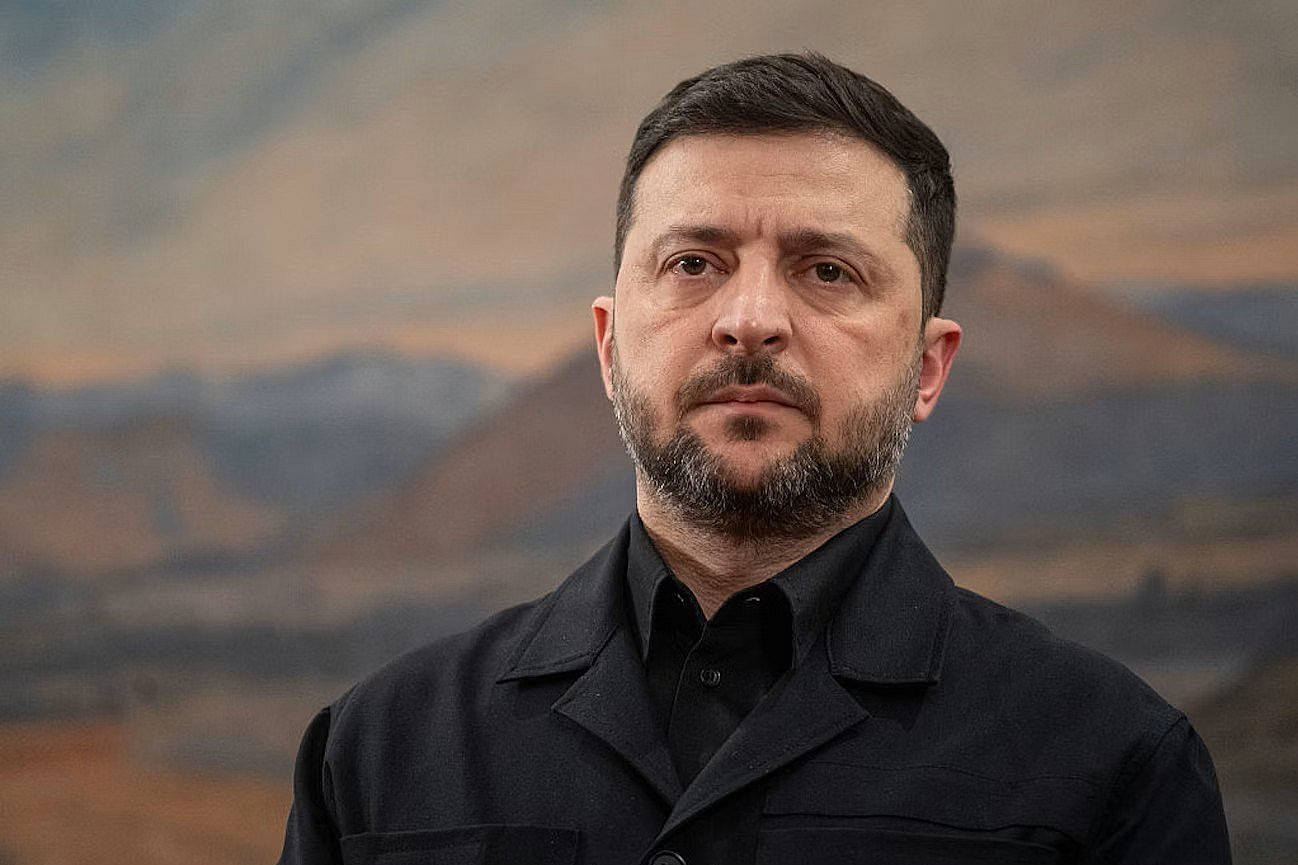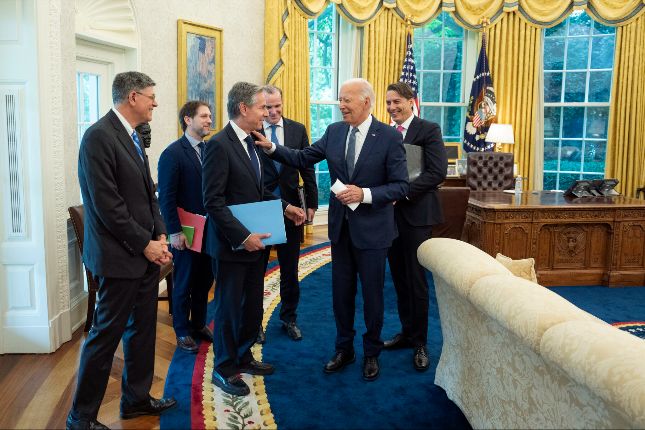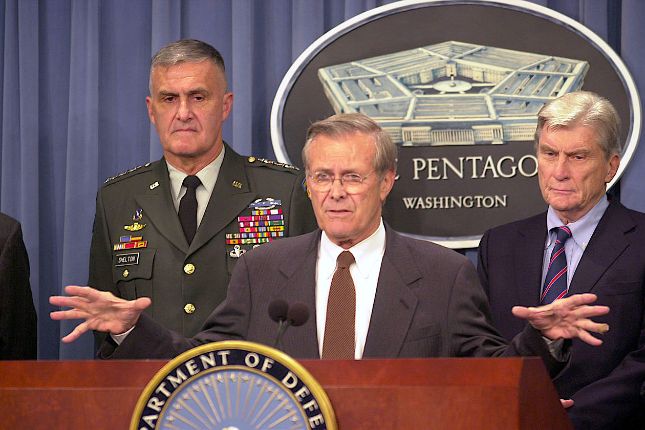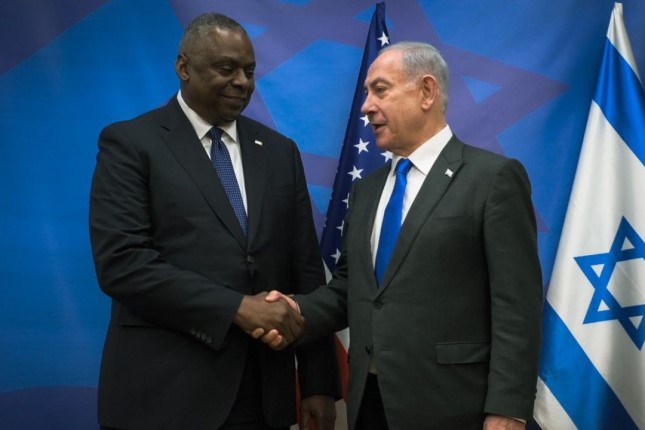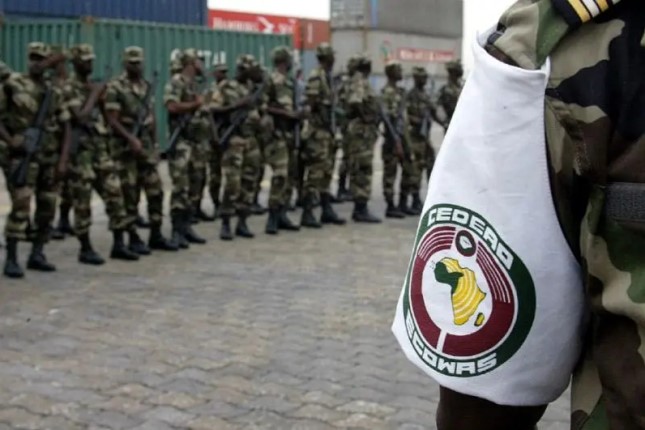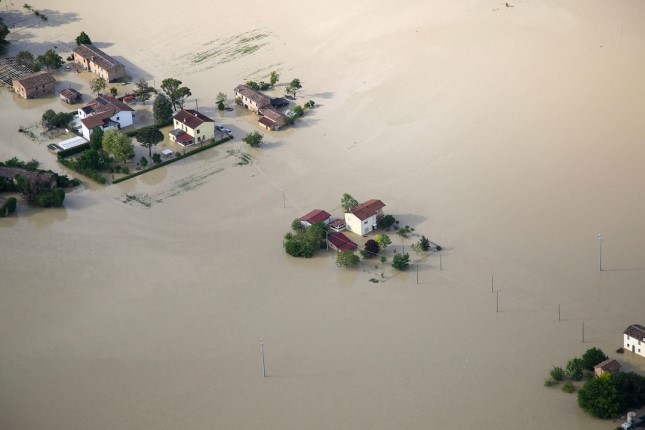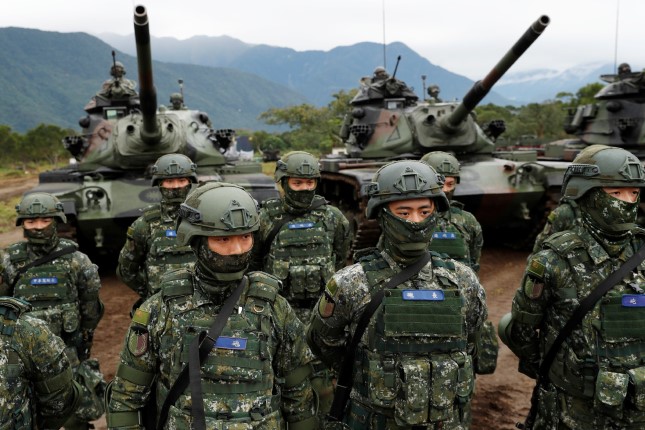The Washington-led effort to remove Russia from the world economy is widening the division in the G20, according to the AP.
The outlet reports, “Treasury Secretary Janet Yellen is facing growing skepticism from some leading rich and developing nations as the residual impact of sanctions against Russia is deepening divisions among the Group of 20 countries.” It continues, “With world leaders and finance ministers meeting this week in India for the G20 summit, fractures have [come] into the open, and alliances are tightening among some nations that have long been resistant to the U.S.-led efforts to exact economic punishment on Moscow for its war in Ukraine.”
Since 2014, Washington has issued sanctions against Moscow over various grievances. In some cases, such as the Sergei Skripal poisoning, 2016 election interference, and the assassination attempt on Alexi Navalny, the West has failed to produce compelling evidence for sanctions.
After the invasion of Ukraine last year, President Joe Biden announced the US would cripple the Russian economy. Washington and its European partners have issued several rounds of sanctions on Russian individuals, businesses, and industries without significantly impacting Moscow’s economy.
The Kremlin has weathered the economic war by finding partners outside of the White House’s orbit. Russia has increased oil sales to India and China. Additionally, economic forums such as the Shanghai Cooperation Organization and BRICS+ have added new members, giving Moscow new opportunities to engage in trade outside of the control of the US Treasury Department.
After the failures in Iraq and Afghanistan, sanctions became a favorite tool of policymakers in Washington to exact revenge on countries that do not comply with the White House’s dictates. Now, dozens of countries are still facing sanctions that are often enforced over questionable allegations.
Sanctions on Cuba, Venezuela, North Korea, Zimbabwe, Syria, and Afghanistan have significantly impacted the development of those nations and increased suffering for the people. Economic penalties continued to be imposed on countries even as nearly all sanctions campaigns have failed to alter the behavior of the targeted government.
South African President Cyril Ramaphosa argued that moving away from a US-based world economy will add stability. “We are concerned that global financial and payment systems are increasingly being used as instruments of geopolitical contestation.” He added, “Global economic recovery relies on predictable global payment systems and the smooth operating of banking, supply chains, trade, tourism, as well as financial flows.”
Chinese President Xi Jinping said the White House can use the dollar-based system to crush developing nations. “[The US], obsessed with maintaining its hegemony, has gone out of its way to cripple the emerging markets and developing countries,” he said. “Whoever is developing fast becomes its target of containment. Whoever is catching up, becomes its target of obstructions.”
The South African and Chinese leaders made the statements at a recent BRICS summit, where the bloc added six new members. The expansion of BRICS is viewed as a potential alternative to a global economy dominated by the US. Brazil, India, China, Russia, South Africa, and Argentina are members of BRICS and the G20.
Source: AntiWar.
